600 million-year-old fossils of tiny humanoids found in Antarctica
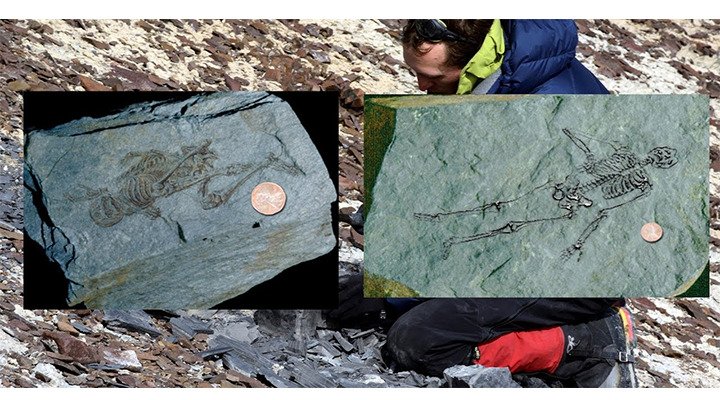
In the rocky terrain of the Whitmore mountain range of Antarctica, fossilised skeletal remains of what seem to be very small humans have been found.
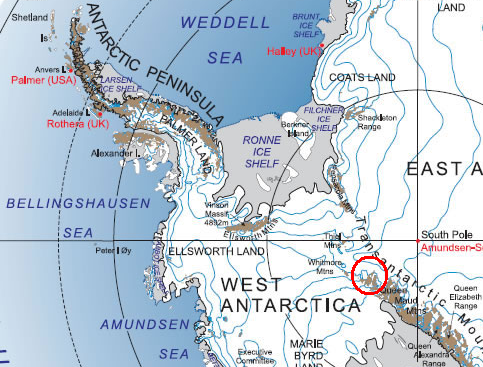
Interestingly enough this finding was made when yours was truly assigned to The National Reporter in Antarctica to debunk a ridiculous tabloid story about the area’s UFO base.
We came across a group of palaeontologists who were looking for evidence that dinosaurs had once roamed the Antarctic continent before it broke loose from Africa and South America and drifted south to its present location while researching this dumb storey with many classmates.
What they found instead astonished them, not only because of what it was but because of its age.
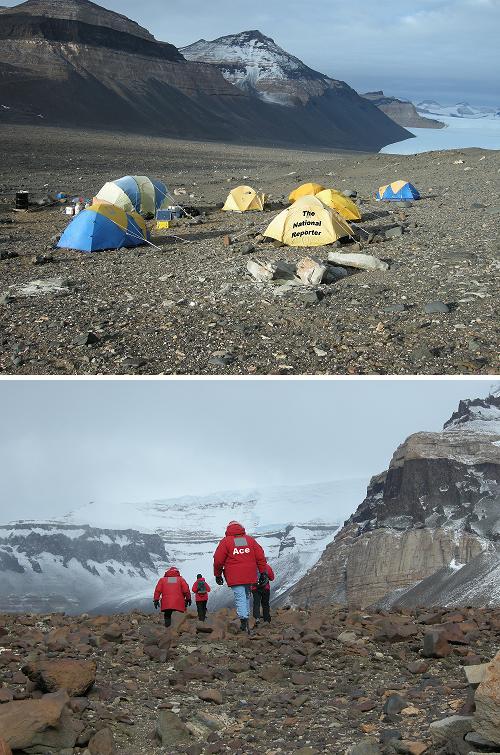
“We tested the fossils and have determined without a shadow of doubt that they are at least 600 million years old.”
Doctor Marly of Cambridge University told us. “600 million years ago, jellyfish first appeared. There were no human beings in the world and there wouldn’t be any for for nearly five hundred and 60 million years. There weren’t even any dinosaurs around at that time.”
“The first skeleton we found was hidden within the layers of a large piece of sedimentary rock that we had broken loose from the mountainside.
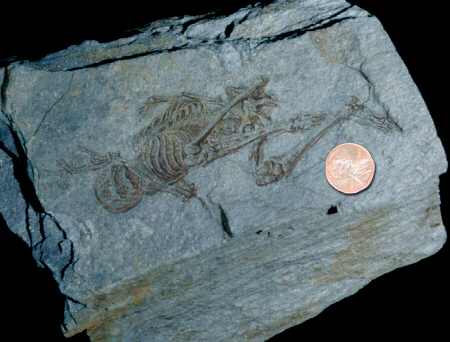
We knew that it would most likely contain some fossils because of its type and age.” Dr.Marly explained.
“When we split the rock apart we were completely confused. Here was this fossil from an age when the appearance of the first vertebrates were still millions of years off and it was a complete skeleton. And not only that, it appeared to be human.”
“The second skeleton was a very good specimen, Unlike the first one, the second skeleton was in a fully extended position with excellent detail.” Dr. Marly told us.
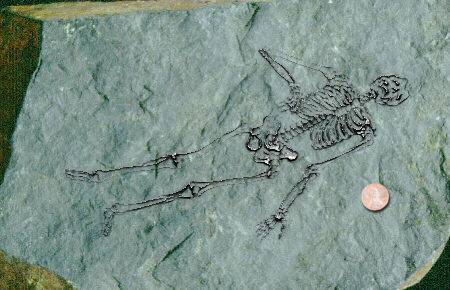
“It is quite obvious from our study of these skeletons that they are definitely human and not a species of primate. Who they were and how large their population was and if they were technologically advanced is a complete mystery.”
The fossils have been flown to the National institute of ancient studys in Washington DC for further analysis.
The National Reporter will be doing a follow-up report on this amazing discovery within the next few months.
The National Reporter would also like to stress to our readers that these tiny fossilized humanoid skeletons are not the remains of extraterrestrial aliens as we expect the tabloids will be reporting it when the news breaks.